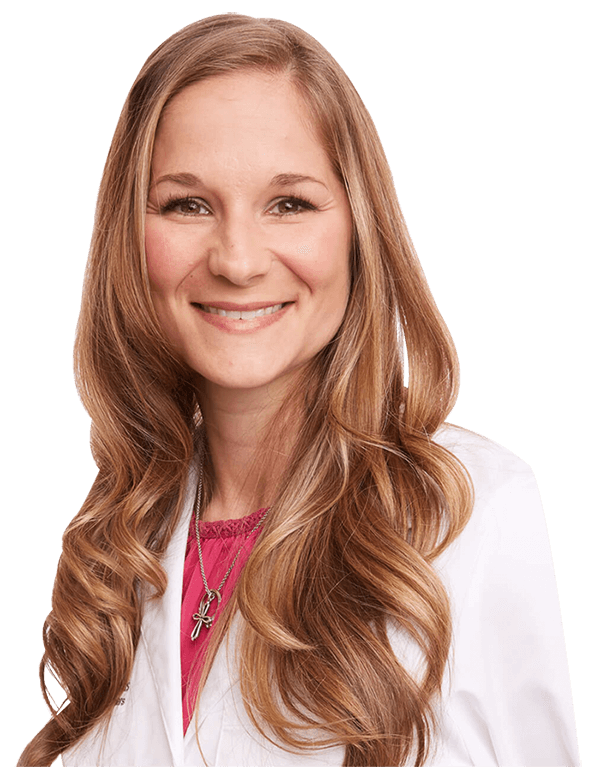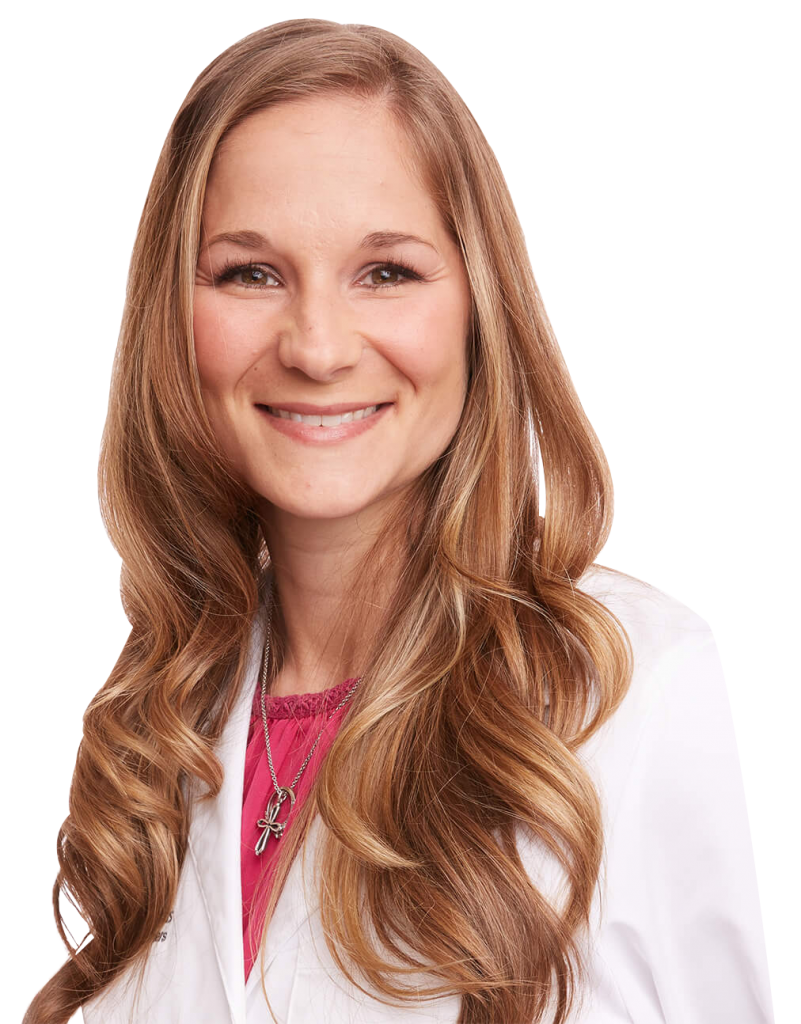
Breast cancer is a common condition that affects millions of women worldwide. Despite its prevalence, the diagnosis can be a life-changing event fraught with fear and uncertainty. Understanding the condition is the first step toward effective management and treatment.
Breast cancer develops when cells in the breast begin to grow uncontrollably. These cells usually form a tumor that can often be seen on a mammogram or felt as a lump. It occurs in both men and women, although it is far more common in women. Some breast cancers are sensitive to your body’s naturally occurring female hormones, such as estrogen and progesterone. The cells in these so-called hormone-sensitive breast cancers have special proteins known as hormone receptors that become attached to the hormones, thus fueling the growth of the cancer.
Breast cancer is often detected during a screening examination, before symptoms have developed, or after a woman notices a lump. Most masses seen on a mammogram turn out to be benign. When a mass or area of suspicious calcification is detected during screening, a further investigation is necessary to confirm the diagnosis. This could involve additional mammography, ultrasound, MRI, or possibly a biopsy where a sample of tissue is removed and examined under a microscope.
There are several treatment options available depending on the stage and type of breast cancer, these include surgery (like lumpectomy, mastectomy, and lymph node removal), radiation therapy, chemotherapy, hormone therapy, targeted therapy drugs, and immunotherapy.
As an experienced breast cancer surgeon, Dr. Lindsay Keith offers expert surgical treatment options tailored to the specific needs of her patients. She understands that each patient’s case is unique and requires a personalized approach. Dr. Keith works closely with a team of specialists to develop a comprehensive treatment plan that offers the best chances for a successful recovery. Her commitment to patient care extends beyond the surgery, offering support and reassurance throughout the treatment journey.
Recognizing that a breast cancer diagnosis can be overwhelming, Dr. Keith and her team are dedicated to providing supportive care that addresses not only the physical but also the emotional and psychological needs of the patient. Post-treatment care includes regular follow-up appointments to monitor recovery and address any concerns or complications promptly.
Early detection and treatment are key to overcoming breast cancer. Reach out to us today to book a consultation with Dr. Lindsay Keith for expert care and treatment. You’re not alone in this fight. Together, we can conquer breast cancer.
1. What are the risk factors for breast cancer?
While the exact cause of breast cancer remains unclear, certain risk factors increase the chance of developing the disease, such as age, family history of breast or ovarian cancer, personal history of certain non-cancerous breast diseases, dense breast tissue, exposure to estrogen, obesity, alcohol consumption, and radiation exposure.
2. How often should I have a mammogram?
The American Cancer Society recommends women begin having annual mammograms by age 45 and can switch to having mammograms every other year beginning at age 55.
3. What can I expect after surgery?
After surgery, you might experience fatigue, pain around the surgery site, changes in your ability to move your arm, changes in the sensation of your breast, underarm, chest, or arm, and swelling (lymphedema). Your healthcare team will work closely with you to manage these symptoms and aid in your recovery.
Answering the call to serve has been my life work, and being your doctor is an immense privilege. Thank you for entrusting me with your care.


1830 Heritage Park Plaza Murfreesboro, TN 37129 (near me)
(615) 900-2621
Schedule a Consultation
Mon-Fri 8AM-5PM